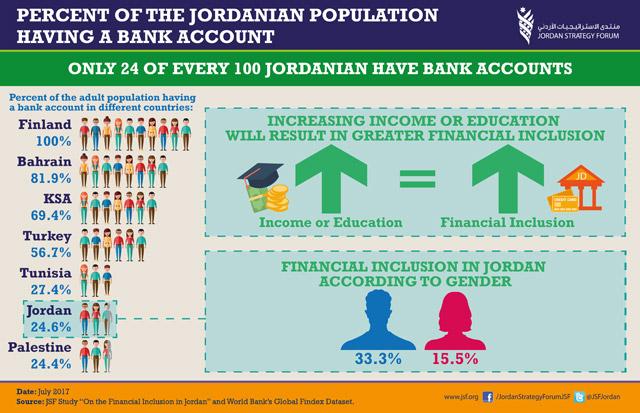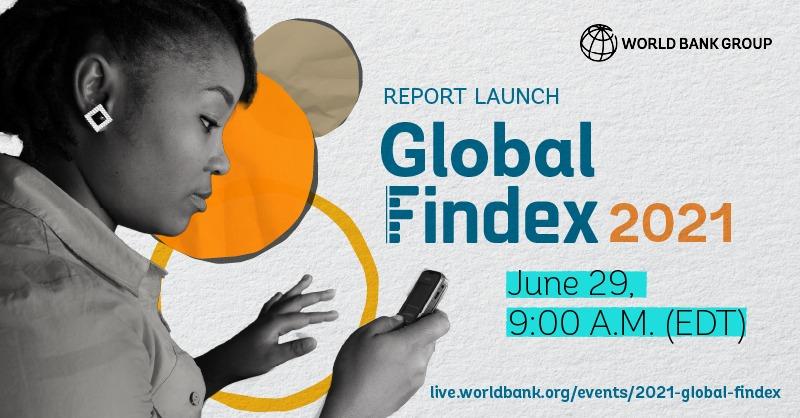You are here
CBJ announces 2022 Financial Inclusion Survey results
By JT - Jan 29,2023 - Last updated at Jan 29,2023

AMMAN — The Central Bank of Jordan (CBJ) on Sunday announced the results of the 2022 Financial Inclusion Survey, which was prepared in cooperation with a specialised international consulting firm to determine the state of financial inclusion in the Kingdom.
The study falls within the bank's efforts, in partnership with the private and public sectors, to enhance financial inclusion in the Kingdom, according to the Jordan News Agency, Petra.
CBJ Governor Adel Sharkas said that the National Strategy for Financial Inclusion (2023-2027), includes "society's access to the responsible and sustainable use of financial services and products in a way that could help achieve economic and social development in Jordan," to serve as a roadmap for uniting institutional efforts related to financial inclusion.
The National Financial Inclusion Strategy is composed of four main pillars: Inclusive and responsible financing, saving, insurance and payment and transfer services, he noted.
Green and sustainable financing will be introduced, he said, adding that great importance will be attached to refugees and women to bridge the gender gap related to access to financial services.
According to the survey, the 2018-2020 national strategy for financial inclusion achieved its main objectives, raising the percentage of financial inclusion in the Kingdom from 33.1 per cent to 43.1 per cent. Financial inclusion was calculated by measuring the percentage of individuals over 15 years old who hold accounts in official financial institutions.
The survey also indicated that the gender gap in the financial sector was reduced from 53 per cent to 22 per cent as of 2022.
The study showed that 14.4 per cent of adults received funding from an official financial institution last year.
In terms of savings accounts, the study found that 4.3 per cent of adults have savings in official financial institutions, while 60.9 per cent of adults are covered by some form of insurance.
Surveying SMEs, the results showed that 52.4 per cent hold accounts in official financial institutions, while 28.3 per cent of these companies received financing from an official financial institution last year, and 15 per cent invested in official financial institutions through savings accounts or other investment instruments.
Regarding digital payments and insurance, the study showed that 31.5 per cent of SMEs surveyed sent or received digital payments in 2022, while 32.5 per cent are covered by some form of insurance.
Related Articles
AMMAN — The Central Bank of Jordan (CBJ) on Thursday shared the results of the Foreign Investment Survey 2019-2020, which is the most inclus
AMMAN — Financial inclusion in Jordan is “relatively low”, with the rate of bank accounts amongst those 15 years old or older sta
AMMAN — The COVID-19 pandemic has spurred financial inclusion – driving a large increase in digital payments amid the global expansion of fo

















